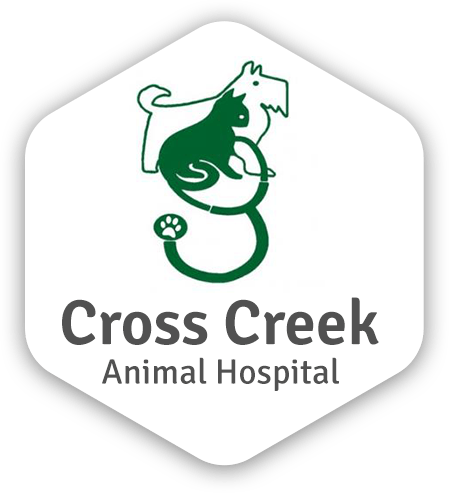Did you know that your canine pal is susceptible to many of the same dental problems that people face? Dental issues, as you may know, can be very painful. They can also lead to other health problems, and can affect how your pet chews. A local Fort Bragg, NC vet offers an oversight on doggy dental care below.
Common Issues
The most common issue dogs face is also the most widespread dental problem with people: gum disease. Dubbed the ‘silent killer’, it affects a whopping 80 percent of dogs over age three. Gum disease is painless and asymptomatic at first, but it slowly eats away at bone and gums, causing tooth shifting and eventually tooth loss. It’s also dangerous because the infection can spread from Fido’s mouth to his vital organs. It’s been linked to some very serious health issues, such as heart disease. Overcrowding is another common problem, particularly in small dogs. Pups are also susceptible to misalignments, abscesses, infections. Another common issue? Cracked or broken teeth. (This isn’t particularly surprising, given Fido’s affinity for playing with sticks and other hard objects.)
Warning Signs
Keep an eye out for indications of dental issues. Bad breath is one of the most common ones. Others things to watch for include swelling, bleeding gums, visible tartar buildup, stringy or ropy drool, and dribbling food. You may also see bloody streaks on your four-legged friend’s toys or dishes. Fido’s behavior may clue you in. He may take longer eating, chew on one side of his mouth, or start showing a preference for softer foods. Grumpiness, understandably, is another side effect. Your pooch may also act withdrawn, and not be very interested in playing with his new stuffed Lamb Chop toy.
Care
The best way to keep Fido’s mouth healthy? Brush his teeth. You’ll of course need to get your pup on board for this one. (Tip: treats and praise will help with this.) Use only products made for dogs. If you aren’t having any luck, you can also ask your vet about other options, such as oral flakes or dental chews. It’s also important to provide unlimited fresh water and lots of suitable chew toys. Chewing is important for your canine buddy’s oral health, as it does help scrape his teeth clean and promote saliva flow. Just stick with safe options. Ask your vet for recommendations.
Do you have questions about your dog’s health or care? Contact us, your Fort Bragg, NC pet hospital, today!
